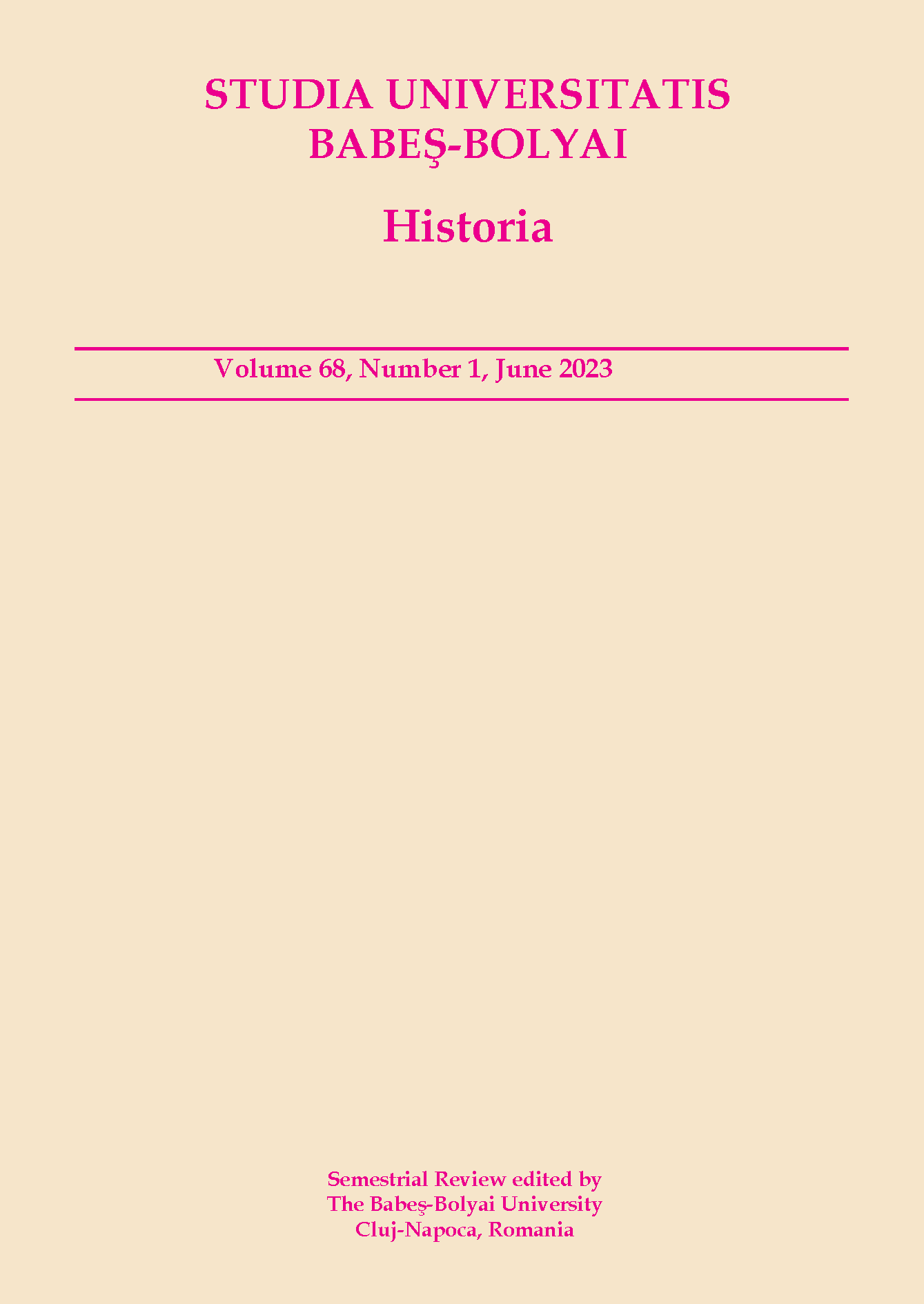Notes on the Historical Study of Corruption
DOI:
https://doi.org/10.24193/subbhist.2023.1.06Keywords:
corruption, modernization, public, private, ambiguityAbstract
Over the last fifteen years, the field of corruption studies underwent a historical turn. Social scientists added a historical dimension to their traditional concern with corruption and political and economic development. Historians joined the debates and brought a constructivist approach to the study of corruption, one that examines this phenomenon in its historical context. The present article examines the most important issues in the historical studies of corruption: the way in which the understanding of corruption transformed throughout the centuries, the precise moment the modern understanding emerged and the factors that triggered this transformation. Historians and social scientists tend to agree on the importance of the period around 1800 as the moment when corruption came to designate the abuse of the public office for private gain. At about the same time, various activities which were hitherto tolerated – gifts to officials, patronage, exploitation of the office for private gain – lost any legitimacy and became illicit, i.e., corruption in the modern sense. The factors which contributed to the change were the crises of the modernization process and the obsession with clear-cut categorization specific to the modern thought.
Rezumat: În ultimii cincisprezece ani domeniul studiilor despre corupție a înregistrat o turnură istorică. Cercetătorii din ştiințele sociale au adăugat o dimensiune istorică la interesul mai vechi pentru corupție şi dezvoltare politică şi economică. Istoricii s-au alăturat dezbaterilor şi au adus o abordare constructivistă în studierea corupției, una care examinează fenomenul în contextul său istoric. Articolul examinează cele mai importante probleme în studiul istoric al corupției: cum s-a transformat înțelesul corupției de-a lungul secolelor, când a apărut sensul modern al acestei noțiuni şi ce factori au determinat această transformare. Istoricii şi cercetătorii din ştiințele sociale tind să conveargă asupra importanței perioadei din jurul anului 1800 ca momentul în care corupția începe să desemneze abuzarea de funcția publică pentru interes privat. Cam în aceeaşi perioadă, diferite activități care până atunci au fost tolerate – daruri către dregători, patronaj, extragerea de venituri din dregători – şi-au pierdut legitimitatea şi au devenit ilicite, adică corupției în sensul modern. Factorii care au contribuit la schimbare au fost crizele declanşate în procesul de modernizare şi obsesia cu organizarea lumii în categorii bine definite specifică gândirii moderne.
Cuvinte cheie: corupție, modernizare, public, privat, ambiguitate
Article: history; Received: 20.05.2023; Revised: 26.05.2023; Accepted: 05.06.2023; Available online: 30.06.2023.
Downloads
Published
How to Cite
Issue
Section
License
Copyright (c) 2023 Studia Universitatis Babeș-Bolyai Historia

This work is licensed under a Creative Commons Attribution-NonCommercial-NoDerivatives 4.0 International License.






